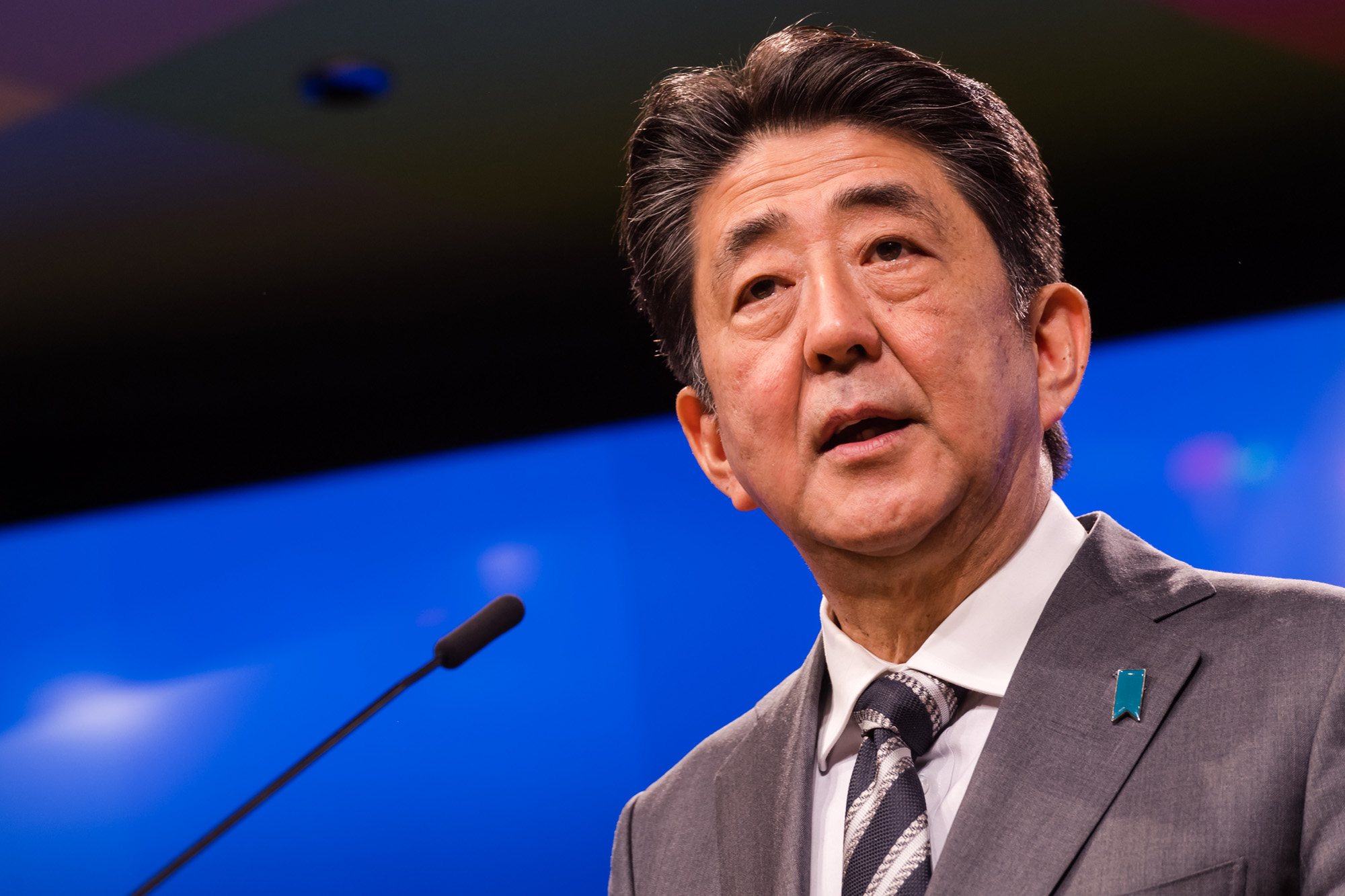The upcoming Group of 20 summit in Osaka will be an opportunity for Japan to demonstrate its leadership and commitment to multilateralism and a rules-based order in an era of populism, growing socio-economic inequality and great power competition.
As Ian Bremmer wrote in his recent book "Us vs. Them: The Failure of Globalism," Japan has largely escaped the global trend of populism. Japan enjoyed the benefits of globalization without globalizing its society. By remaining relatively closed to immigration and protecting its economy and workers from the extremes of globalization, Japan has been able to consistently remain at the top of global and regional quality of life rankings, socio-economic inequality is comparatively low compared with other developed economies and the plague of populism remains distant.
This approach to globalization has also been problematic. By remaining closed to immigration, Japan in 2050 will be inescapably much smaller and less influential at a regional and global level. When we consider global competitiveness, its companies have become less competitive globally and its youth more inward-looking, eschewing studying abroad, foreign languages and precious internships abroad to internationalize and hone invaluable cultural and language skills.


















With your current subscription plan you can comment on stories. However, before writing your first comment, please create a display name in the Profile section of your subscriber account page.